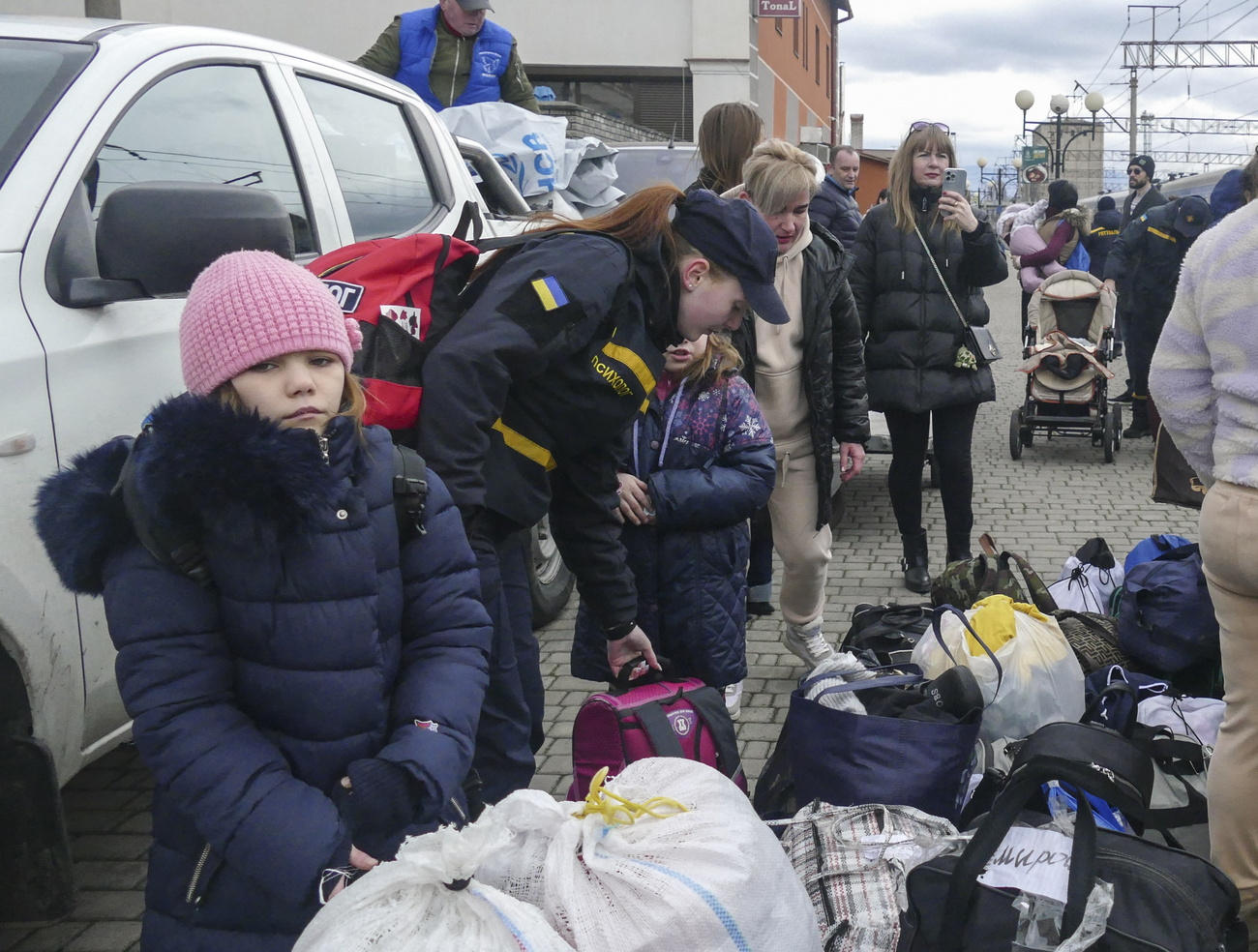
Safety at Swiss nuclear plants under scrutiny

Energy Minister Doris Leuthard has ordered safety to be re-examined at Swiss nuclear power plants following blasts at a Japanese power station hit by a tsunami.
She has also decided to suspend requests to build new replacement nuclear power stations in Switzerland possibly delaying the timetable for a nationwide vote in 2013.
Leuthard reaffirmed that there was no direct danger to the Swiss population from the nuclear incidents in Japan or from Switzerland’s five nuclear power facilities.
“Safety and the wellbeing of the population has utmost priority,” said the minister on Monday.
The decision came after consultations with experts from the Federal Energy Office and the Swiss Federal Nuclear Safety Inspectorate, Leuthard added.
Requests for two new nuclear plants have been submitted and are currently under examination. The government was due to decide on the requests by the middle of 2012.
The national regulatory authorities last November said the nuclear safety and security of the planned facilities was sufficient.
Process suspended
On Monday Leuthard explained that the deadline for a consultation procedure – to run until the middle of this year – had now been suspended until further notice.
“There are too many open questions. But we need more certainty,” Leuthard told the media.
She said confidence in technology had suffered as a result of the disaster in Japan and that “we must review our energy policy”.
However, Leuthard warned against an overreaction, saying too little was known about the exact cause of the nuclear incidents in Japan.
She said she would hold talks with her French counterpart in April to discuss safety at the atomic power plant in Fessenheim, less than 40 kilometres north of the Swiss border.
Her announcement was welcomed by centre-left parties and the energy directors of Switzerland’s 26 cantons.
The Greens and the Social Democrats have called for a urgent debate in parliament and for the Mühleberg plant outside Bern to be shut down over safety concerns.
However, rightwing and centre-right parties have accused Leuthard of rushing into her decision.
Observers point out that several cantons are planning consultative votes this year on sites for new nuclear power plants. In Bern a slim majority in February approved a request for a new atomic facility at Mühleberg.
Safety standards
The Swiss Federal Nuclear Safety Inspectorate has been mandated to analyse the cause of the accident in Japan and to come up with new or stricter safety standards, especially in the areas of earthquake safety and cooling, said the statement by the energy ministry.
The experts’ conclusions would then be applied to existing sites, as well as to the planned sites. No permission for new sites can be granted until the experts have reported back, said the minister.
Inspectorate experts are in contact with other authorities, including the European Union, the Organisation for Economic Co-operation and Development and the International Atomic Energy Agency.
Technicians have been battling to cool three reactors at the Fukushima 1 plant since Friday, when the quake and tsunami combined to knock out the cooling system.
Officials said the reactor core was still intact after the latest explosion at the weekend – the second – and that radiation levels were below legal limits. A third reactor is reported to have lost its cooling system.

More
Consultation procedure
Switzerland currently has five nuclear reactors which generate about 40% of the country’s energy but will gradually come off the power grid as of 2019.
In 1990 voters approved a ten-year moratorium for the construction of new nuclear power plants. In 2003 – three years after the end of the freeze – the electorate rejected an extension of or definite withdrawal from nuclear energy programmes.
Three sites for new nuclear power stations – Beznau, Gösgen and Mühleberg – have been given the stamp of approval by the national regulatory authorities.
It is widely expected that Swiss voters will have the final say on the construction of new reactors in a nationwide ballot in 2013 or 2014.

In compliance with the JTI standards
More: SWI swissinfo.ch certified by the Journalism Trust Initiative



























You can find an overview of ongoing debates with our journalists here . Please join us!
If you want to start a conversation about a topic raised in this article or want to report factual errors, email us at english@swissinfo.ch.